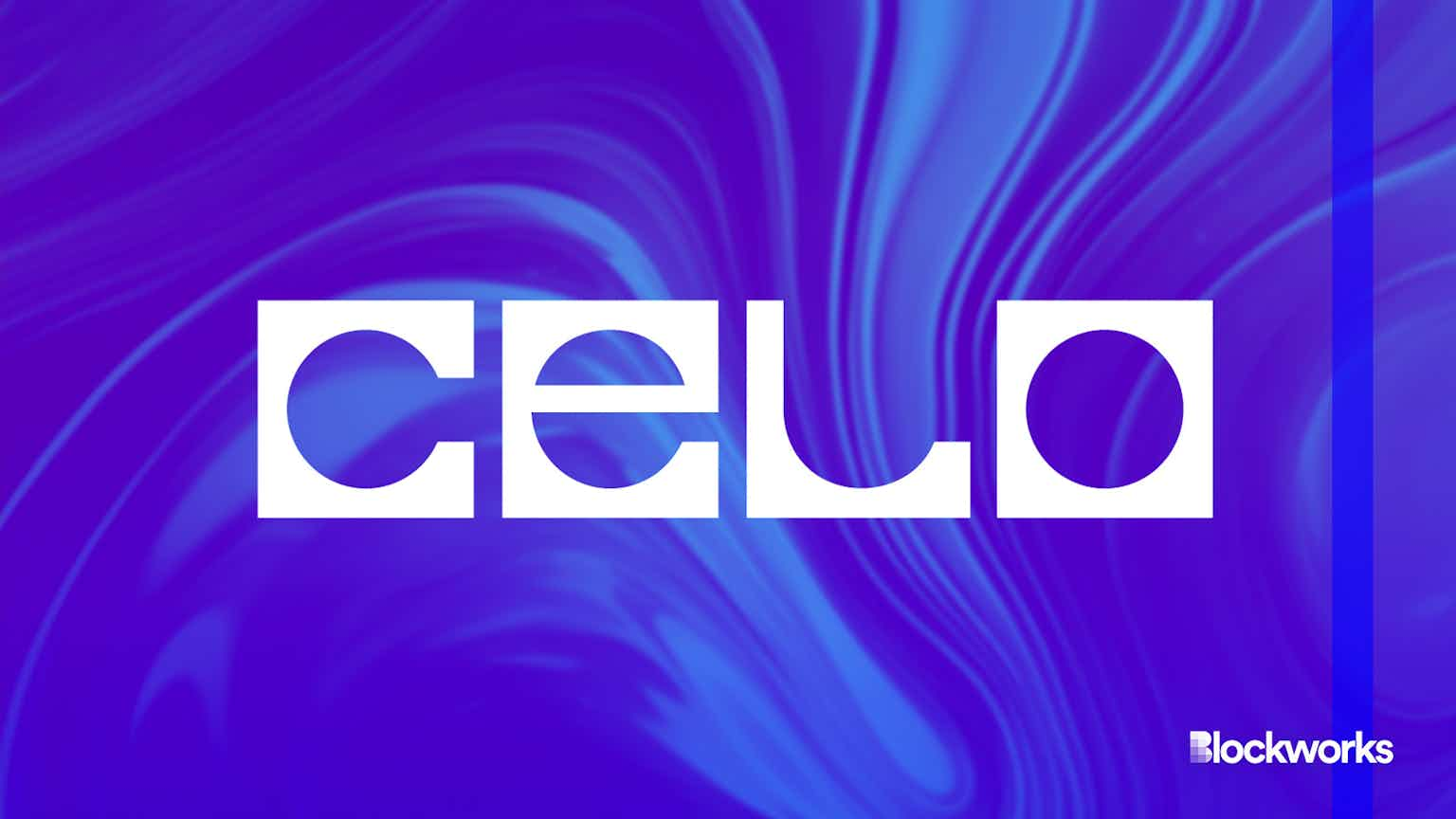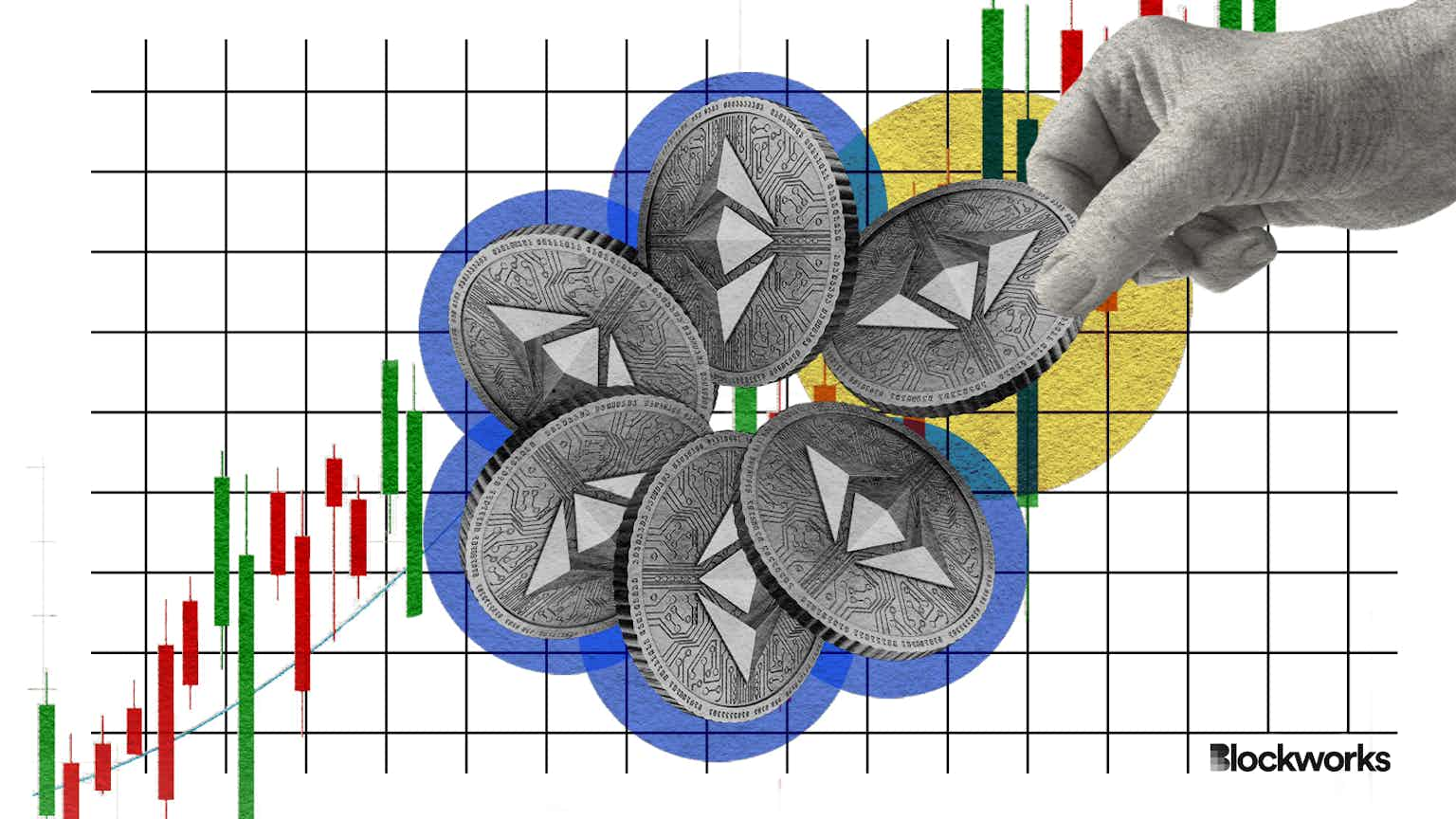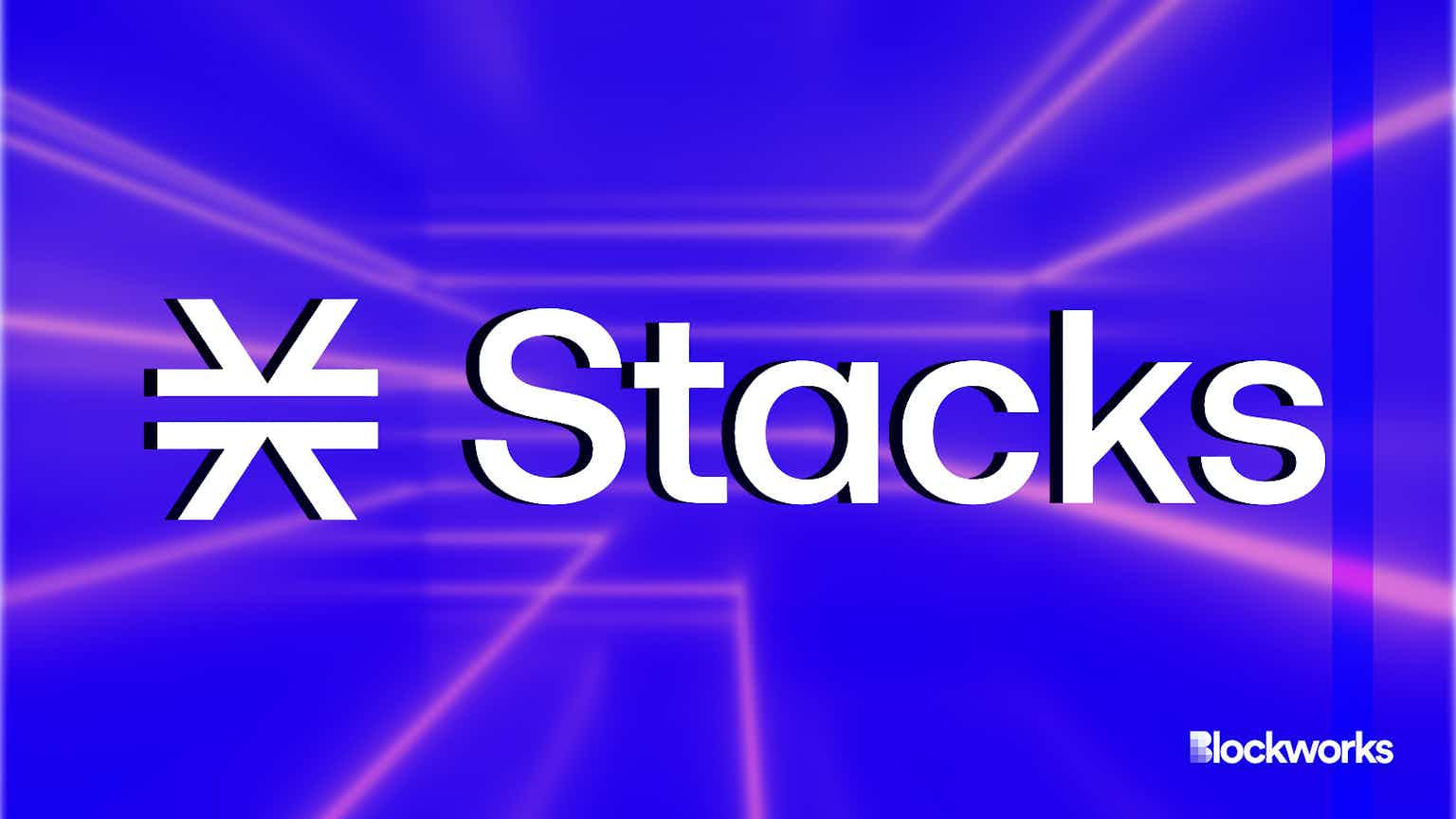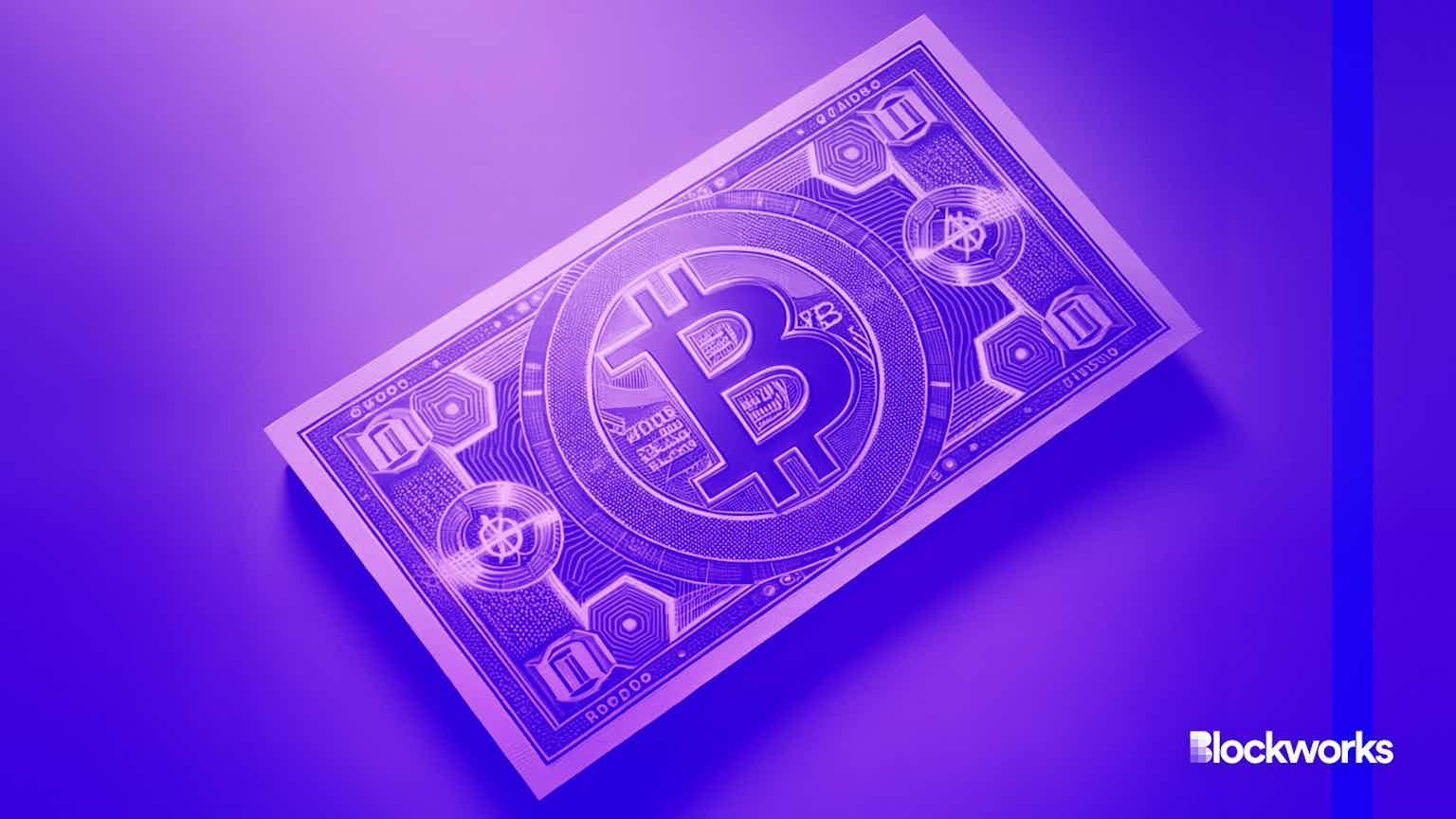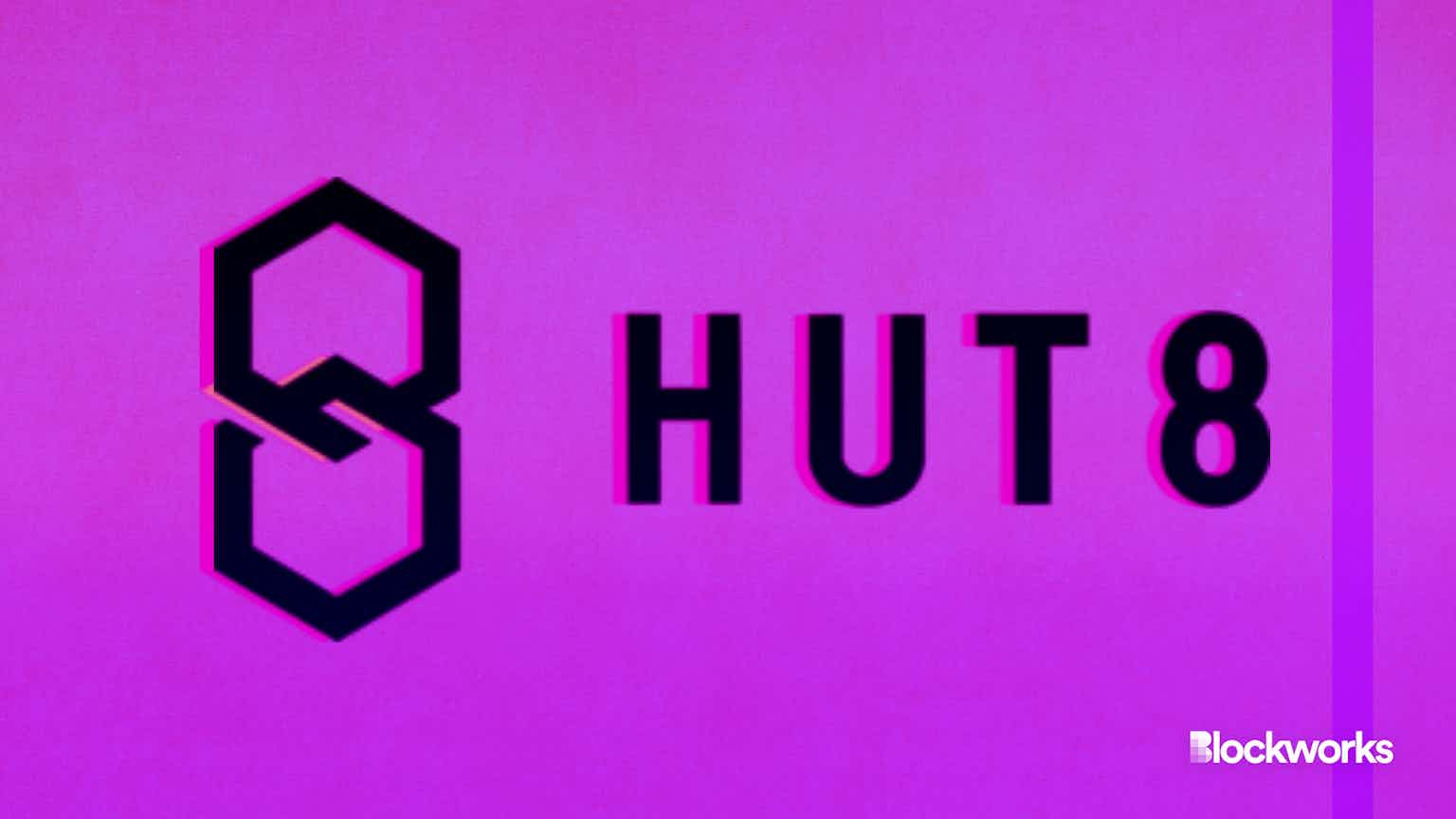Coinbase To Take DeFi-first Approach With its App and Wallet
Coinbase Pay, a streamlined fiat-to-crypto onramp, will be integrated in Coinbase Wallet and Metamask, alongside new features for Web3 identity and non-custodial dApp wallet in the Coinbase app

Surojit Chatterjee, Cheif Product Officer of oinbase during the "Building for Web3" session at PALM BEACH, FL – May 17: "Permissionless" by Blockworks on May 17, 2022 at the Palm Beach Convention Center Palm Beach, Florida. (Photo by Lauren Sopourn)
key takeaways
- Coinbase is the most downloaded wallet over the past year, said Surojit Chatterjee, chief product officer
- Multichain expansion for Coinbase wallet is on the roadmap
Cryptocurrency exchange Coinbase is rolling out a suite of new features for its popular wallet app, according to Chief Product Officer Surojit Chatterjee.
The product will focus on three priorities — API first, DeFi first, and self-custody first, aimed at accelerating the mainstream adoption of Web3, Chatterjee said at Blockworks’ Permissionless conference.
Coinbase, along with other exchanges, provides a crucial fiat-to-crypto on-ramp, but Chatterjee said it remains too complicated for the average user to participate in self-custody and DeFi (decentralized finance). Coinbase aims to streamline that process with the integration in Coinbase Wallet of its Pay software development kit (SDK). The leading browser-based Web3 wallet, Consensys’ Metamask, will also adopt Pay, he said.
Via Pay, users will be able to buy cryptoassets with fiat and transfer them to the self-custody wallet of their choice in one step. The feature will serve users even if they are not a Coinbase customer via a guest checkout process in the near future.
Tackling Web3 identity
Chatterjee said that the cumbersome use of long wallet addresses — the public key which, on Ethereum, begins with 0x — remains a barrier to adoption. To reduce complexity, the Coinbase Wallet will allow a user to claim an Ethereum Name Service (ENS) address for free. ENS is just one of several services Coinbase plans to integrate, a spokesperson told Blockworks, to address problems around Web3 identity.
To alleviate privacy concerns, Coinbase proposes to become a secure provider of know your customer (KYC) verification, which can be passed on to third-party dApps while maintaining user privacy, using zero-knowledge proofs (ZKP). To do that, the wallet will let developers access an open ZKP SDK, which should provide verification for required data — such as meeting a minimum age requirement — without revealing a user’s specific details.
A new focus on self-custody and multichain
The company is also rolling out a self-custodial dApp wallet based on multi-party computation (MPC), a cryptographic technique for secure private key management used in institutional grade custodial solutions from the likes of Fireblocks and Qredo.
By using a dApp wallet, users will be able to interact with DeFi apps such as Compound and Uniswap directly, without first needing to withdraw cryptoassets from their Coinbase account to a self-custody wallet. Similar features are offered by mobile wallets from Argent and browser-based wallets DeFi Saver and InstaDapp.
The Coinbase wallet is also gearing up to support all blockchains compatible with the Ethereum Virtual Machine (EVM), as well as select others, such as Solana.
The wallet is expected to connect to Coinbase’s new NFT marketplace, but be able to interact with any NFT (non-fungible token) marketplace, allowing users to aggregate their NFTs.
The new features began rolling out to a small set of US Android users Monday, with wider distribution expected soon.
This story was updated on May 17, 2022, at 13:41 pm ET.
Start your day with top crypto insights from David Canellis and Katherine Ross. Subscribe to the Empire newsletter.
